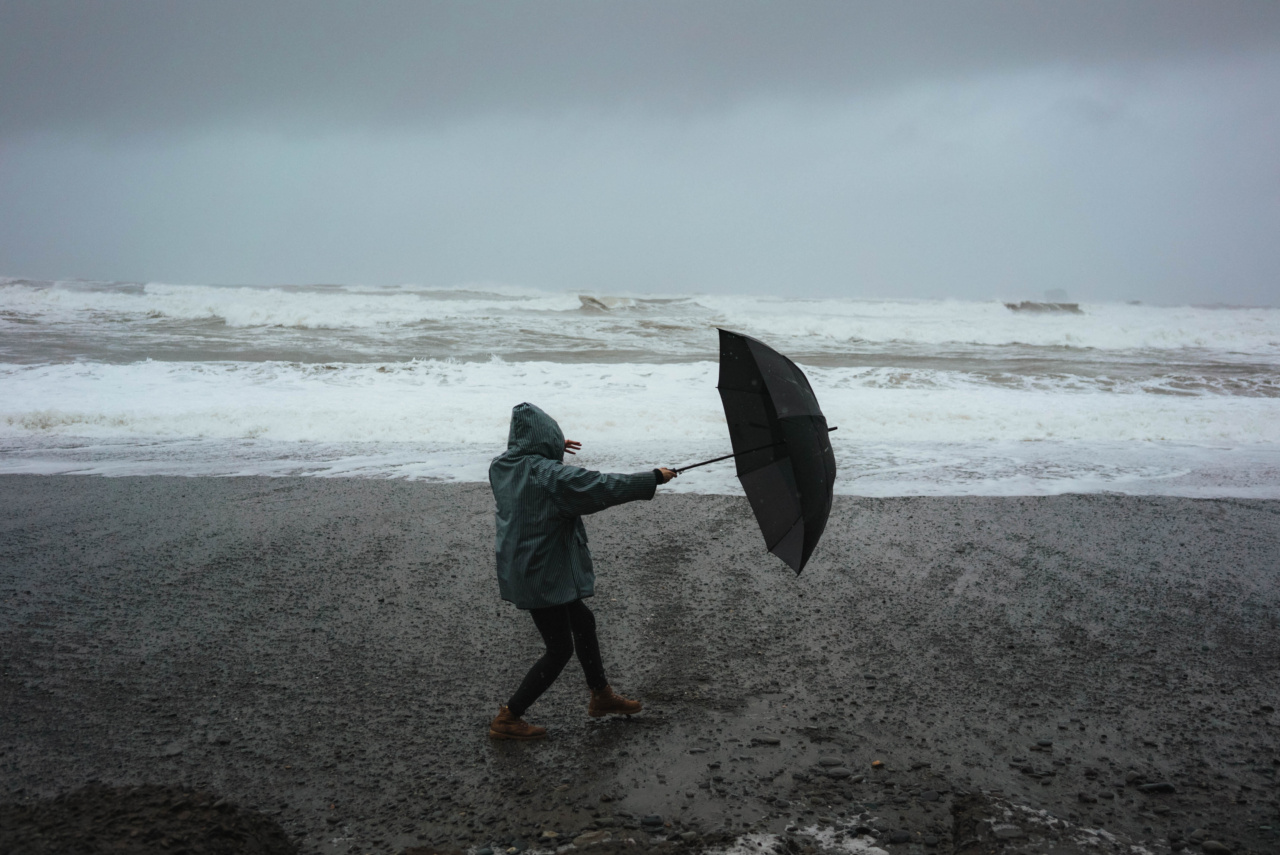Inclement weather can have serious impacts on your home or business, which can include power outages, network connectivity disruptions, and other technical issues.
As a result, it is essential to take steps to avoid downloading files or making large online purchases during bad weather. Here are some steps that you can take to avoid downloads during inclement weather and protect your electronics and data from harm.
1. Check the Weather Forecast in Advance
The first and most important step to avoid downloading during inclement weather is to check the weather forecast in advance.
This can help you to determine when a storm or other hazardous weather is expected to occur, giving you time to prepare and take necessary precautions. You can use weather apps, news websites, or local weather channels to check the forecast, so you can plan accordingly.
If you know that bad weather is on the way, you can avoid any downloading or uploading of large files that may damage your electronics through disruption of network connectivity.
2. Charge Your Electronics in Advance
Before inclement weather strikes, make sure that your electronics are fully charged. This is particularly important if you live in an area that is prone to power outages during storms or other severe weather.
If you have a backup battery or generator, also make sure that these systems are fully charged and ready to go. With all of your electronics fully charged, you can avoid the risk of data loss or corruption due to interrupted power or network connectivity.
3. Have Backup Power Sources Ready
Always have backup power sources ready to keep your electronics running during power outages that can come with inclement weather.
For instance, you can invest in an uninterruptible power supply (UPS) or a backup generator to keep servers, modems, and other network-related devices running even when the main power is out. This will keep your data safe, so you can avoid downloading during inclement weather.
4. Use Cloud Storage to Backup Your Data
If you’ve got essential data on your computer that can’t be lost, it’s best to use cloud storage to back it up.
Cloud backup services store your data offsite, which means that you can restore it even if your computer or network has been damaged or destroyed during inclement weather. This will be an effective solution for backing up all your files for safety purposes and avoiding files’ large downloads when the weather is adverse.
5. Invest in a Surge Protector
When it comes to inclement weather, damages can occur by lightning strikes that could destroy your electronics and their components.
These damages can send electric charges through your electrical system, causing significant damage to network-related equipment such as servers, large file downloads, and other electronic gadgets. A surge protector can help protect your devices from high voltage overloads and other power spikes that occur during storms.
Investing in one will protect your electronics from being damaged and avoid any hassle of downloading since your electronic devices will be in perfect working condition.
6. Secure Your Network Connectivity
You can secure your network connectivity by encrypting your file sharing and internet connection. With encryption, your network becomes much more secure in the face of a range of threats, including inclement weather.
You can either invest in encryption hardware or software, or you can use a virtual private network (VPN) to secure your network connectivity. This will help you avoid large file downloads since your network will be protected and your devices will not be affected by the inclement weather.
7. Schedule Downloads for Non-Inclement Weather Times
In case your work involves downloading large files, you can avoid inclement weather by scheduling downloads for off-peak periods when the weather is not bad.
This means downloading any large files like software updates, documents and media files when there is no expected power outage or network connectivity disruptions. This will help provide enough time to do the necessary backups and ensure the safety of all your electronic devices and data.
8. Disable Automatic Downloads on Your Devices
Some software is set on automatic download mode, and they can consume a significant amount of data when updating automatically.
Although automatic updates can help keep your devices up to date, they can be harmful during inclement weather and consume an unexpectedly large chunk of data. To avoid this, you can disable automatic updates and downloads, a crucial step towards protecting all your electronic gadgets.
9. Disconnect from the Internet
If you know that there is an incoming storm, it’s necessary to disconnect from the internet and power down your network devices to avoid any risk of data loss or corruption.
This is not ideal, particularly if you run a business, but it’s essential to avoid any issues that may result from inclement weather. However, after the storm has passed, you can boot up your network systems again and take steps to restore any data that was lost during the storm. In this way, you can secure all your data and avoid the hassle of downloading during inclement weather.
10. Don’t Panic
Finally, don’t panic during inclement weather. Remain calm and take the necessary steps to protect your electronics and data. Keep backups of your vital data to restore it when the inclement weather subsides.
Don’t attempt to download large files during inclement weather since the risk of damaging your electronics and data is increased dramatically. With a little preparation and smart planning, you can avoid downloads during inclement weather and keep your electronic devices safe and functional.






























